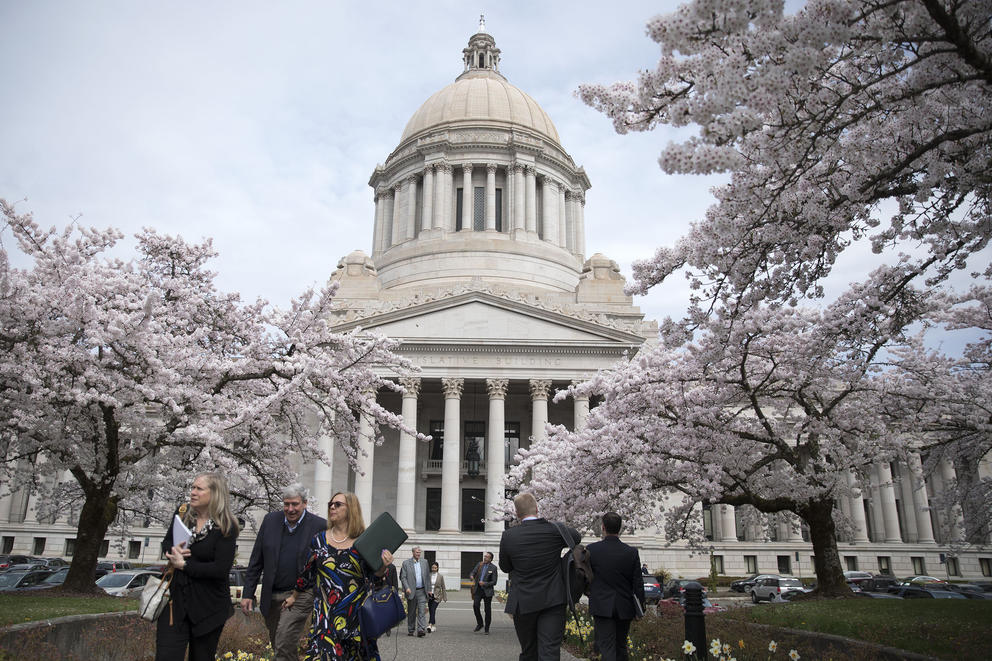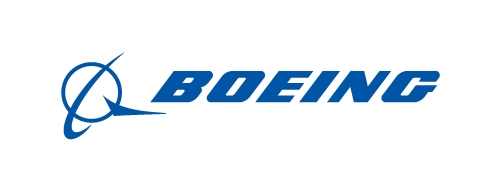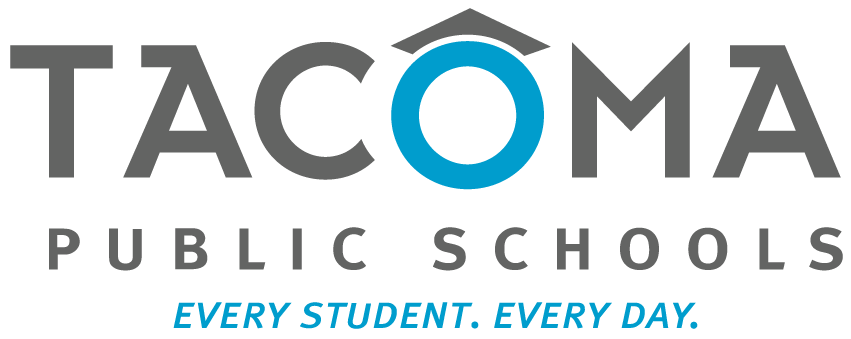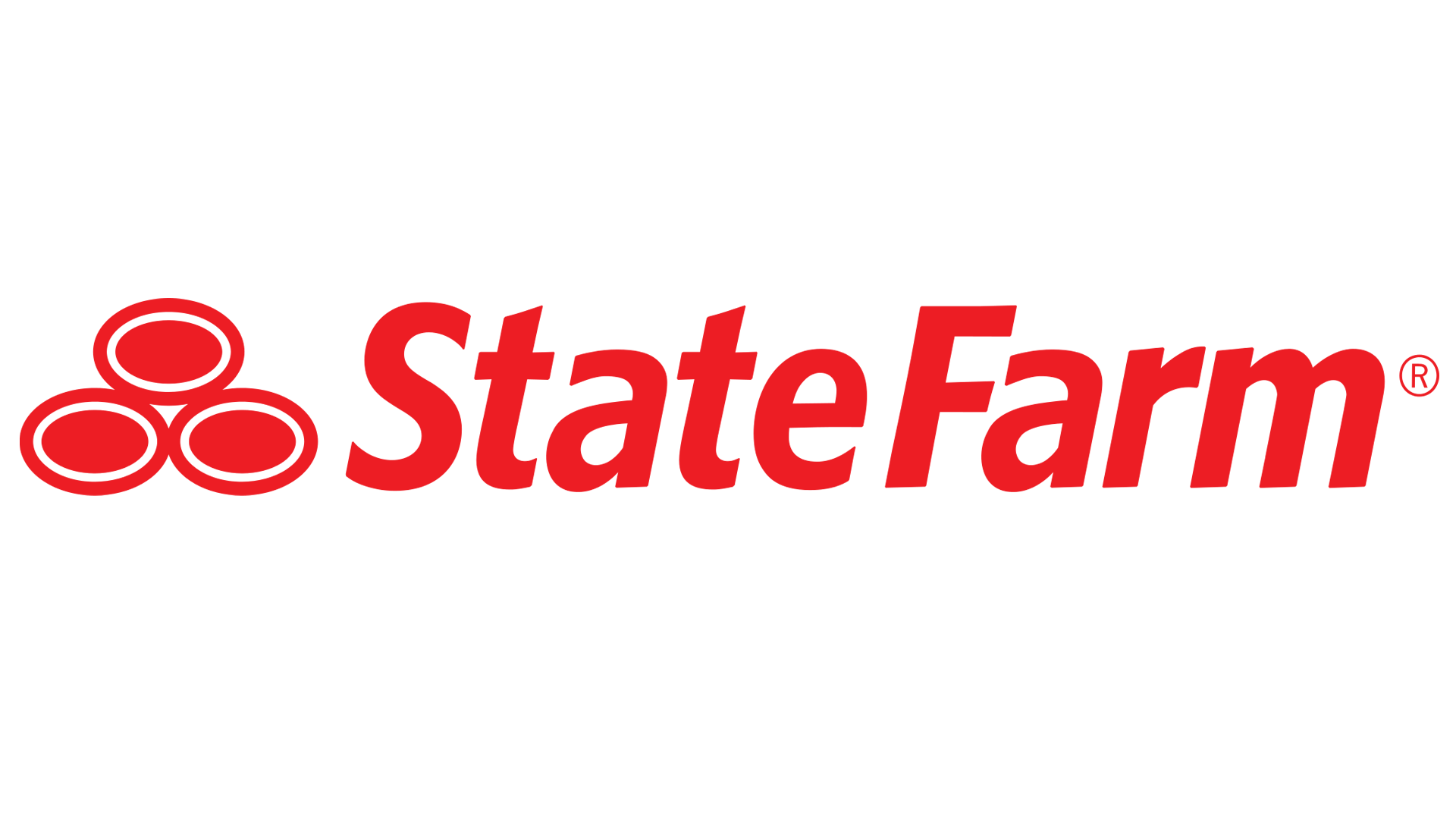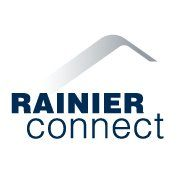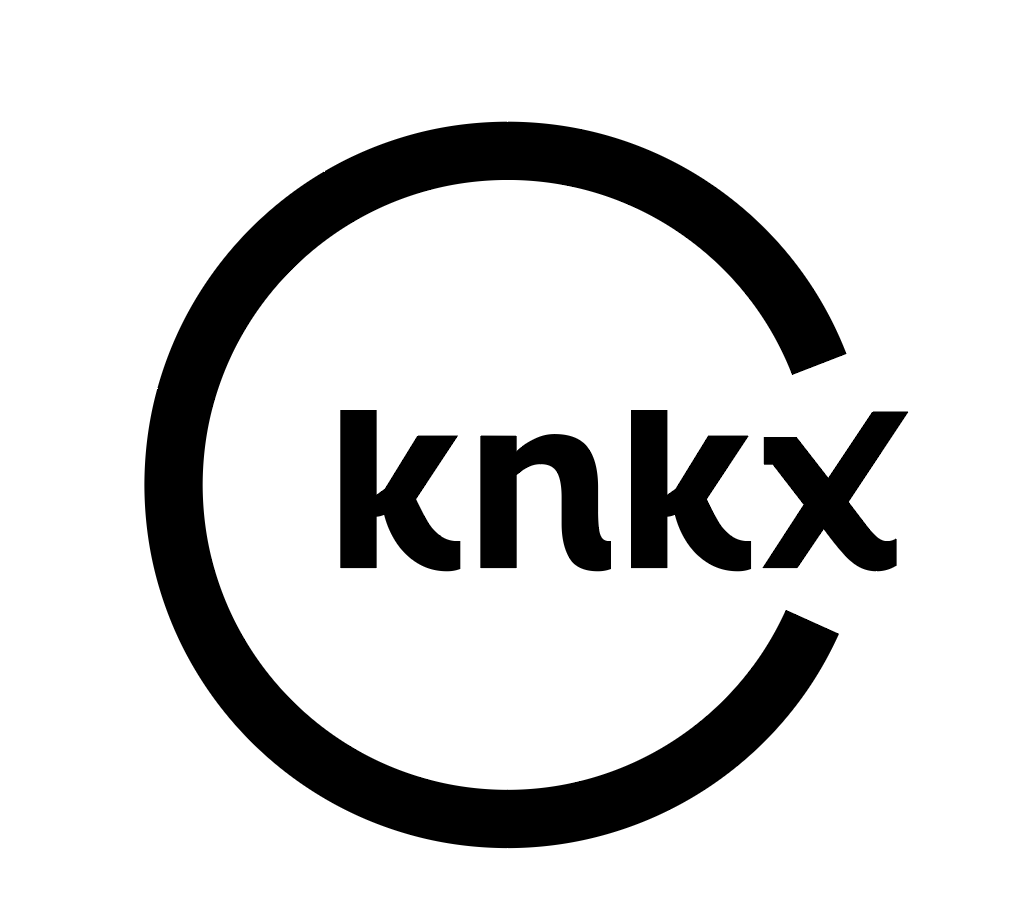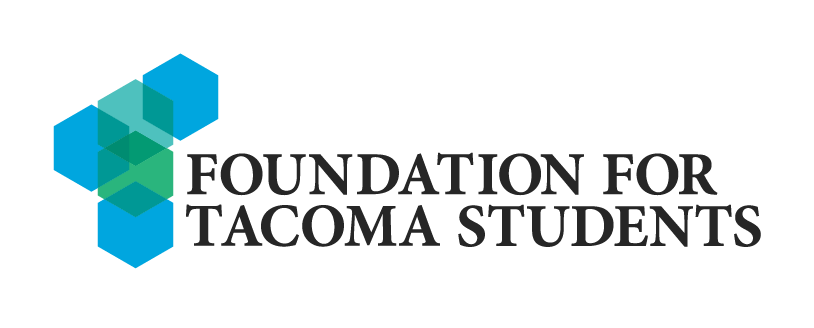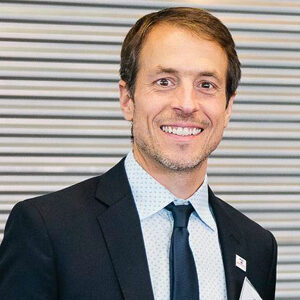
Ben Mitchell
Director of Advocacy & Policy, Foundation for Tacoma Students
The 2022 state legislative session wrapped up on Thursday, March 10, a day known to state legislature nerds as “Sine Die.” This is a Latin term which means “without a day to reconvene,” and is used to signify adjournment at the end of a legislative session. There are several good news pieces that capture the biggest headlines and takeaways from the legislative session, and in that larger context cradle-to-career policies and budget items tended to fly under the radar this year. But there were several important policy and funding developments that connect to our 2022 Advocacy Priorities.
Advocacy Priority #1 – Sustain investments in quality early learning opportunities for more children, with a focus on children of color and those living in poverty
The biggest development under this priority was a nearly $126 million dollar investment in the Working Connections Child Care program. Working Connections is Washington’s child care assistance program, through which the state makes payments directly to child care providers that families choose through a voucher that covers the cost, minus a modest copayment. The new investment in Working Connections will cover a 16% increase to the rate at which child care providers are reimbursed. This gets at a common problem with public subsidy programs – be it healthcare (Apple Health/Medicaid), housing (Section 8 rental vouchers), etc. – which is that the subsidies often fall short of covering the actual cost of delivering the service. This situation puts service providers in a bind, and the new investment in Working Connections is a step in the right direction.
There were two other notable gains under this priority. First is a $14.6 million dollar investment in the Early Childhood Education and Assistance Program (ECEAP), which is the state’s pre-kindergarten program for 3- and 4-year-old children from low-income families. Unlike Working Connections Child Care, there are limited numbers of ECEAP “slots” in the state, so not every eligible family in Washington has access to ECEAP. The new funding will expand ECEAP by 1,708 full-day slots, and convert 1,887 part-day slots to full day.
Lastly, there was Senate Bill 5838, which passed the legislature with strong bipartisan majorities, and was sponsored by our local representative, Senator T’wina Nobles. This bill will provide a monthly cash payment to parents and caregivers of small children that can be used for child-care necessities such as diapers and baby formula.
Advocacy Priority #2 – Maintain K-12 budgets to protect student supports
Since the onset of COVID-19, school districts across the state have seen declines in their student enrollment numbers. Since school districts receive state funding based in large part on a flat, per-student basis, the drop in enrollments meant that districts were facing a situation where they would receive substantially less funding from the state. House Bill 1590 addressed this fiscal cliff with an infusion of more than $360 million dollars that will provide school districts with a per-student funding allocation equivalent to half the students they lost between the 2019-20 and 2021-22 school years.
In a previous post, I described how the legislature was looking to increase funding for student supports and dramatically increase the number of school-based counselors, nurses and social workers that districts would be able to hire. The good news is that House Bill 1664, which dramatically increases the funding formula for these non-teaching positions, passed the legislature with strong majority support. The less good news is that while the new funding formula represents an increase, it’s not an equitable increase. At FFTS we would like to see funding allocations take into account the percentage of students in a district who are low-income, or English language learners, or have disabilities. And then provide those districts with an appropriately higher per student funding allocation so that they can better support their students.
Advocacy Priority #3 – Expand equitable access to postsecondary pathways
This year, our state-level advocacy efforts at FFTS focused on policies and budget allocations that would address Washington’s lagging rates of postsecondary enrollment. We take an expansive view of postsecondary education, to include 4-year colleges and universities, but also 2-year programs, technical education, trade apprenticeships, or other pathways that put young adults on the path to a good-earning wage job and economic security.
There were several pieces of legislation in play this session that we actively supported and advocated for. In the Senate, there was Senate Bill 5789 that created a new funding program called the “Washington Career and College Pathways Innovation Challenge Program.” The program will provide grant funding to local and regional partnerships that represent cross-sector collaborations working together to increase enrollment in all postsecondary education opportunities.
Our state is a leader in postsecondary financial aid opportunities through programs like the Washington College Grant, but our relatively low rates of postsecondary enrollment point to the fact that generous scholarships and financial aid are necessary, but not sufficient. The piece that is often missing is a well-resourced and coordinated web of community supports. In Tacoma we see the importance of fostering innovations on the ground, and centering equity by engaging directly with community leaders, and we believe that the Innovation Challenge Program will make critical investments in those supports across the state.
In the House of Representatives, there was a package of three bills that are aimed at bolstering postsecondary enrollment. House Bill 1659 expanded the eligibility of our nationally-leading Washington College Grant program, and created a new bridge grant program that eligible students can access for non-tuition college expenses such as books. House Bill 1736 was the single biggest higher education budget item at $150 million, and will create a new state student loan program that will issue loans with only a 1% interest rate. And House Bill 1835 will invest more than $3 million dollars in a statewide marketing campaign for the Washington College Grant, as well as FAFSA and WASFA outreach programs at public libraries and high schools.
Advocacy Priority #4 – increasing funding for community-based organizations offering youth development programs
This was the advocacy priority area where we did not see a lot of action during the legislative session. Part of this reflects the fact that unlike child care and early learning, or K-12 education, or higher education and workforce, out of school programming does not currently have a dedicated state agency. In response to this, in 2021 the legislature created a Youth Development Workgroup whose task is to develop recommendations to the legislature to fund and support the youth development field on a long-term and sustainable basis. The workgroup will be meeting throughout 2022, and we look forward to seeing the recommendations that come out of that process.
Last Thursday was my first “Sine Die” as the Director of Policy and Advocacy at the Foundation for Tacoma Students. I look forward to partnering with Graduate Tacoma partners in building off of the progress and cradle-to-career investments that emerged from this session in the months and years ahead.

